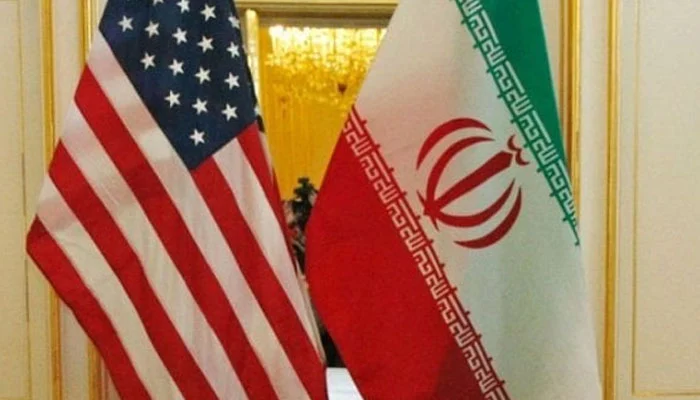Iran announced that a new round of nuclear talks with the United States is slated for Sunday, following Washington’s submission of a proposal for a deal amidst an ongoing standoff over uranium enrichment.
The long-standing adversaries have conducted five rounds of discussions since April, marking the highest level of contact since President Donald Trump withdrew Washington from the 2015 nuclear accord during his first term.
“The next round of Iran-US indirect talks is being planned for next Sunday in Muscat,” Iran’s Foreign Ministry Spokesman Esmaeil Baqaei stated on Tuesday.
Trump had previously indicated the meeting with Iran was expected on Thursday, but Baqaei noted that Iran’s Foreign Minister and Chief Negotiator Abbas Araghchi would be attending Norway’s Oslo Forum, a gathering for conflict mediators.
The sixth round of talks will occur approximately two weeks after Iran received a US proposal for a nuclear deal, which Araghchi described as containing “ambiguities.”
Iran asserted that the US proposal failed to incorporate “elements” reflective of previous negotiations, including the lifting of sanctions—a critical demand for Tehran, which has been severely impacted by their weight for years.
Tehran indicated it would present a “reasonable, logical and balanced” counter-proposal to the United States through mediator Oman.
On Monday, Trump suggested that the upcoming US-Iran talks could clarify whether a nuclear deal is feasible to avert military action.
Iran and the United States remain in a diplomatic impasse over Iran’s uranium enrichment, with Tehran defending it as a “non-negotiable” right and Washington deeming it a “red line.”
National Interests
Iran currently enriches uranium to 60%, significantly above the 3.67% limit stipulated in the 2015 deal and close to, though still short of, the 90% required for a nuclear warhead.
Western nations, including the United States, have long accused Iran of seeking to develop atomic weapons, while Tehran maintains its nuclear program is for peaceful purposes.
On Tuesday, Iran’s Deputy Foreign Minister Majid Takht-Ravanchi dismissed claims of a “deadlock” in the talks with the US.
“Any negotiations with an international dimension come with their own sensitivities and require a great deal of patience for them to reach a result,” he told the official IRNA news agency.
He added, “What matters to us is that we can safeguard the national interests of the country through these talks, and that is how we proceed.”
He indicated that the sixth round would be the first in which parties express their views on the exchanged written materials, noting that Tehran would reiterate its position on enrichment capacity, as it has done publicly in the past.
On Monday, the United Nations nuclear watchdog commenced a Board of Governors meeting in Vienna, scheduled to last until Friday, to discuss Iran’s nuclear activities among other topics.
This meeting followed a report from the International Atomic Energy Agency criticizing “less than satisfactory” cooperation from Tehran, particularly regarding explanations for past instances of nuclear material found at undeclared sites.
Iran has criticized the IAEA report as unbalanced, asserting it relied on “forged documents” provided by its arch-foe Israel.
On Tuesday, Araghchi reiterated criticism of a plan by European powers and the United States to adopt a resolution at the IAEA meeting, accusing Tehran of non-compliance with its nuclear obligations.
“Any ill-considered and destructive decision in the Board of Governors against Iran will be met with an appropriate response,” he stated during a phone call with Japanese Foreign Minister Takeshi Iwaya.
Iran has indicated it would reduce cooperation with the IAEA if the resolution passes.



